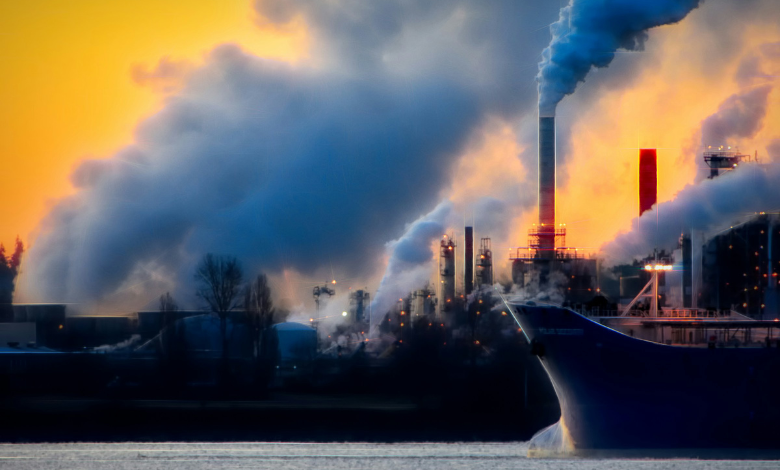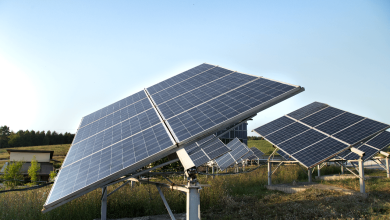Europe not prepared for rapidly deepening climate change risks, EEA stresses urgent action and close collaboration

Europe has become the fastest-warming continent on the planet. Deepening climate risks are threatening its energy and food security, ecosystems, infrastructure, natural resources, financial stability and people’s overall health, as per the European Environment Agency (EEA).
Extreme climate change-led disasters such as unprecedented temperatures, drought, wildfires and flooding, as experienced in recent years, are likely to worsen even under optimistic global heating scenarios and affect living conditions throughout the region.
The Copernicus Climate Change Service recently confirmed last month as the hottest February ever. On Monday, the agency unveiled the European Climate Risk Assessment (EUCRA) to help identify policy priorities for climate change adaptation and for climate-sensitive sectors.
Climate risks moving faster than societal preparedness
The report raises concerns over Europe’s lagging policies. In several cases, incremental adaptation will not be sufficient and, as many measures to improve climate resilience require a long time, urgent action maybe needed even on risks that are not yet critical.
Some areas in Europe are threatened by multiple climate risks. Southern Europe is particularly at risk from impacts of heat on agricultural production, outdoor labour and human health. Flooding, erosion and saltwater intrusion are putting low-lying coastal regions in danger.
EEA Executive Director Leena Ylä-Mononen said the analysis finds Europe faces urgent climate risks that are moving faster than the region’s societal preparedness. Policymakers must swiftly act, both by rapid emission cuts and by strong adaptation policies and actions, she added.
Closer cooperation key to addressing climate crisis
The assessment has identified 36 major climate risks for Europe, falling under five broad clusters: ecosystems, food, health, infrastructure, and economy and finance. More than half of the risks demand more urgent action and eight of them are particularly urgent.
Closer cooperation is key to addressing the deepening climate crisis. The EU and its Member States have made considerable progress in understanding the climate risks they face and in preparing for them. But societal preparedness is insufficient as policy implementation is lagging.
The continent can easily address the gaps through legislation, proper governance structures, monitoring, funding and technical support. The European Commission is expected to publish its response to the EEA assessment on Tuesday. Keep an eye out for further details.
 February 2024 was globally the warmest on record;
February 2024 was globally the warmest on record;



